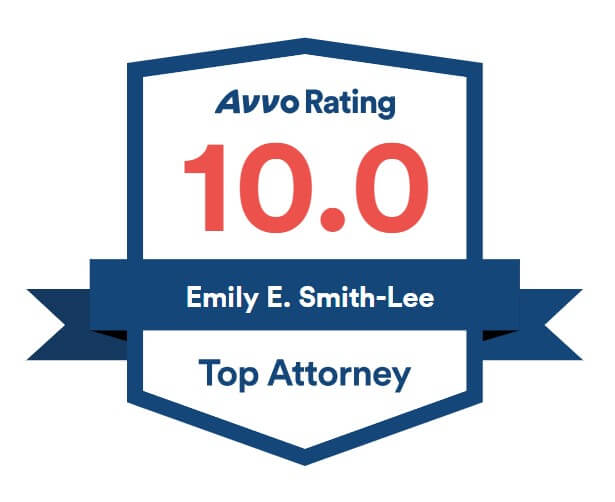Mastering Business Contract Basics: A Comprehensive Guide
Essentials of Business ContractsIn the world of business, contracts play a pivotal role in defining the terms and conditions of essential relationships, from vendors and customers to partnerships. Understanding how to create a legally enforceable and comprehensive business contract is crucial. Whether you're drafting one on your own or seeking legal counsel, there are vital elements to consider from initial discussions to the final document.
What Constitutes a Business Contract?At its core, a business contract is an agreement to exchange one thing for another, be it money for a service, products for investment, or sharing profits and losses in a joint business venture. You engage in contracts regularly without even realizing it. When you pay for your morning coffee at the local cafe, you enter into a contract: your money in exchange for a cup of coffee.
In the realm of small businesses, contracts come in various forms, from straightforward agreements for routine purchases to more complex ones where you have limited control. These might include phone and internet services or the clickwrap agreements when purchasing software. However, in certain situations, paying close attention to your business contracts is crucial to ensure they serve both your legal purposes and your business objectives. Key business contracts include agreements with customers, vendor contracts, and partnership or joint venture agreements. Crafting an Effective Business ContractRegardless of whether you're dealing with customer agreements, vendor contracts, or any other type of contract, there are essential steps to follow when creating a business contract that aligns with your business goals and holds legal weight:
|
We're Here to Help.OR
|
Questions About the Contracts You Use in Your Business?
Our Solutions Roadmap is a quick and easy way to share the details of what you are facing and receive preliminary feedback from a member of our team. Use the button below to get started- it is 100% confidential and 100% free.
Meet Our Business Attorneys

Emily Smith-Lee is the owner and founder of slnlaw. She is a 1996 graduate of Boston College Law School. She was previously a partner at the Boston office of a large international firm, where she worked for thirteen years with a focus on business litigation. In 2009, she started the firm that since became slnlaw, and has grown it from a solo practice to a five-attorney firm with multiple practice areas. She has been recognized as Massachusetts Superlawyer each year since 2013, and in 2018 earned recognition as one of Massachusetts Lawyers Weekly's Lawyers of the Year. She has written a book on employment law: Rules of the Road, What You Need to Know About Employment Laws in Massachusetts, and helped hundreds of small business owners with contracts, business transactions, employment law advice, business incorporation, and risk management. She has also litigated business disputes in state and federal courts.

Rebecca Rogers: Rebecca is a 2006 graduate of Boston College Law School, and has worked with slnlaw since 2013. She previously worked as an intellectual property litigation attorney for Fish & Richardson in Boston, Massachusetts, and clerked for the Massachusetts Supreme Judicial Court. Rebecca has helped clients with business contracts, employment contracts, and employment law advice.

Jenna Ordway: Jenna is a 2013 graduate of Quinnipiac Law School, and also earned an LLM in Taxation from Boston University in 2015. She has been affiliated with slnlaw since 2011, first as a law clerk and then as an attorney. Jenna has been recognized since 2019 as a "Rising Star" by Massachusetts Superlawyers. Jenna has helped many small business owners with simple and complex business incorporation, contract review, advice and analysis regarding business disputes, employment law advice, and advice about business succession considerations as part of estate planning.

Elijah Bresley: Eli is a 2014 graduate of Seton Hall Law school, and has worked with slnlaw since 2020. He previously worked for a boutique employment law firm outside of Boston, and then for the Labor and Employment department of a large Boston firm. He also spent a year clerking for the judges of the Superior Court in Hartford, Connecticut. Eli has helped our small business clients with employment law advice and defense of employment-related lawsuits in MCAD and state and federal courts.

Sharleen Tinnin: Sharleen is a 2010 graduate of Northeastern University School of Law, and has been with slnlaw since 2023. Prior to joining slnlaw, she worked with King, Tilden, McEttrick & Brink, P.C. on complex civil litigation matters. She previously worked for the United States Department of Justice, and received an "Excellence in Justice" award in 2017. Sharleen has helped clients litigate business disputes in state and federal courts, and advised business owners about succession considerations as part of their estate planning.
How We Can Help
Our expert legal guidance ensures your business contracts are precise, legally sound, and tailored to your unique needs, safeguarding your interests and fostering successful relationships.
You can click the button below to schedule a free information call, or simply give us a call at (781) 784-2322.
You can click the button below to schedule a free information call, or simply give us a call at (781) 784-2322.
|
Emily Smith-Lee Rated by Super Lawyers loading ... |
Jenna Ordway
Rated by Super Lawyers loading ... |


